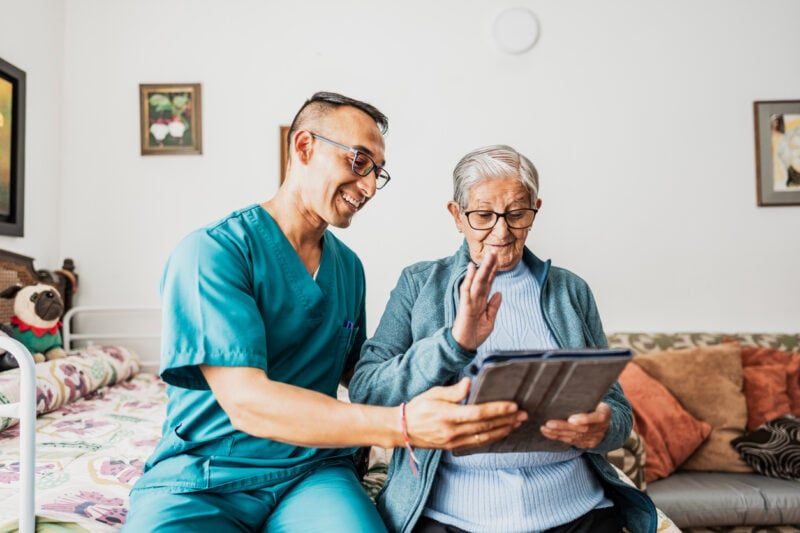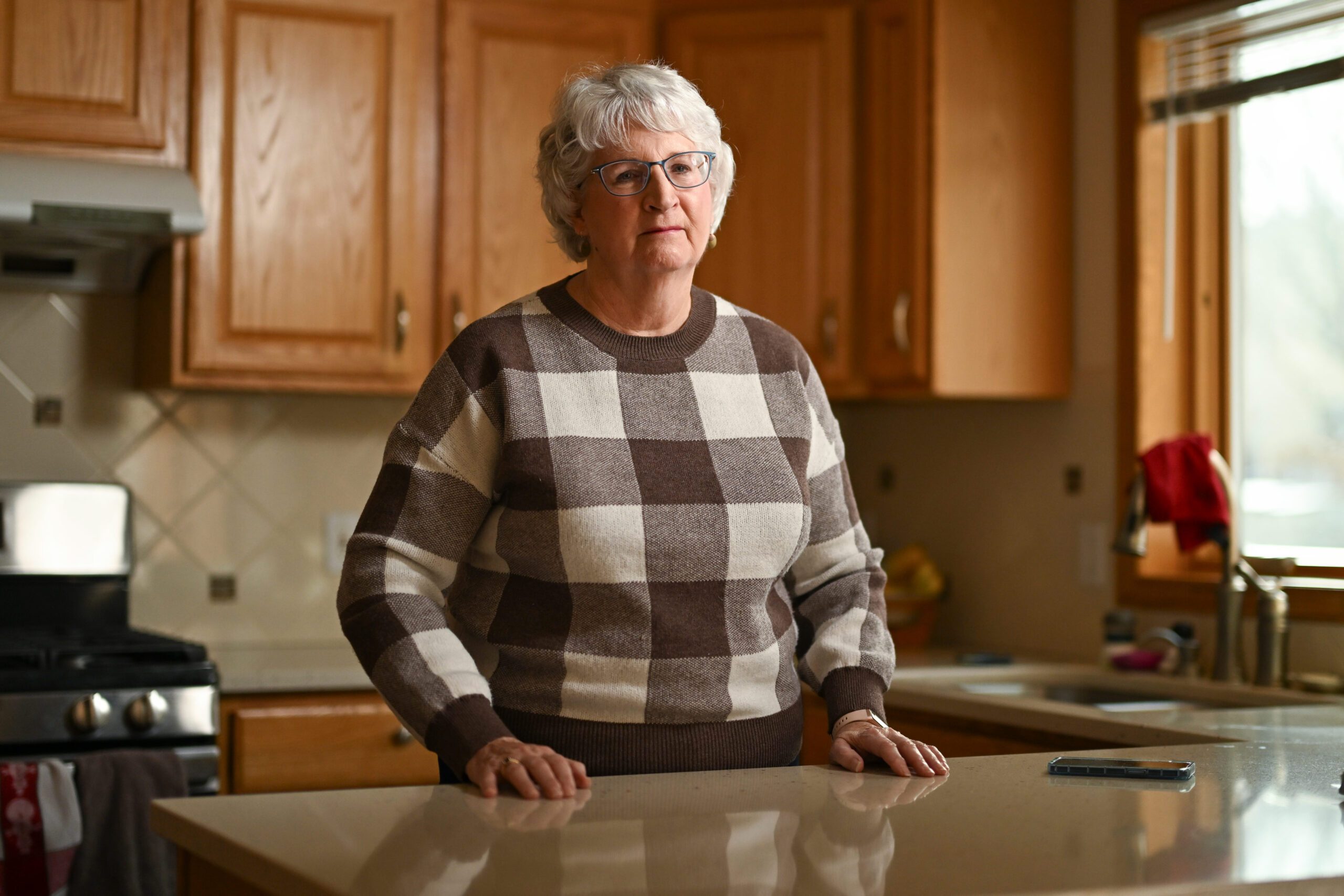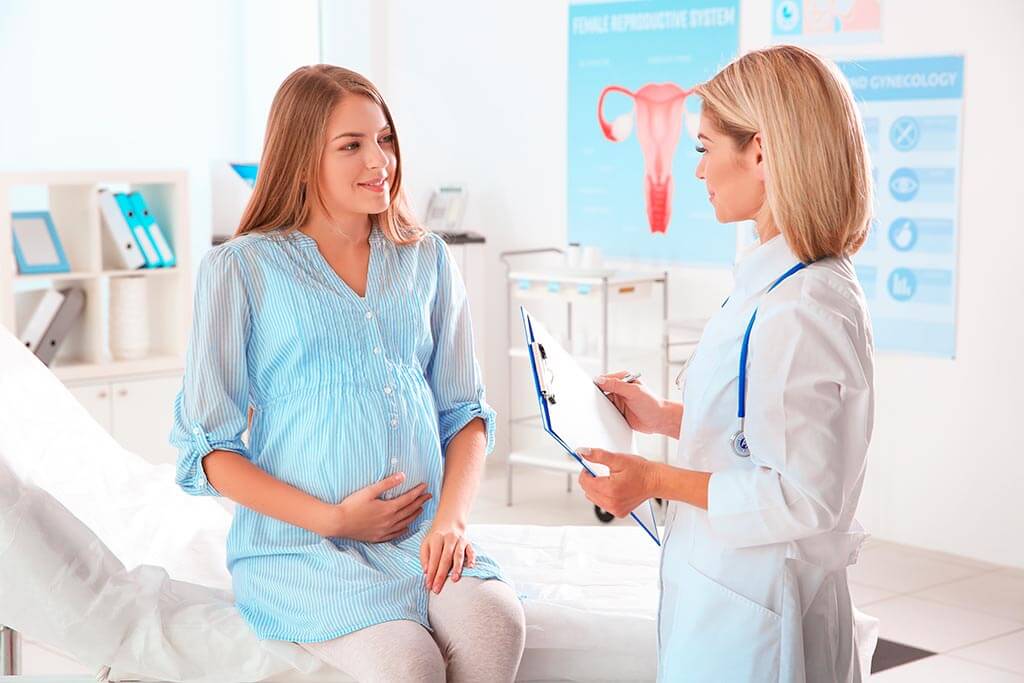By Laura Bailey-Michigan
The pandemic upended much about traditional medical care delivery, and obstetrics is no exception. The new study is the first known to describe the lived experiences of postpartum women in the United States who delivered an infant during the early pandemic.
It’s part of the larger COVID M.A.M.A.S. (Maternal Attachment, Mood, Ability, and Support) study, which collected survey data on maternal mental health and breastfeeding during the COVID-19 pandemic.
Moms said they felt like no matter what they did, it was wrong.
Five themes emerged: heightened emotional distress; adverse breastfeeding experiences; unanticipated hospital policy changes shifted birthing plans; expectation vs. reality–or mourning the experience of what should have been; and unexpected benefits of the pandemic.
Social distancing and infection control measures contributed to increased guilt, isolation, and depression in moms, and many were denied pre-pandemic coping mechanisms and experienced lack of support, says Clayton Shuman, assistant professor at the University of Michigan School of Nursing and lead author of the study in Maternal and Child Health Journal.
While researchers expected some increase in emotional distress and guilt, the extent surprised Shuman. “Moms said they felt like no matter what they did, it was wrong,” he says.
Women says they experienced decreased lactation support, which led to increased stress and decreased milk supply in some.
“You’d think more time at home would lead to better breastfeeding, but it did not,” Shuman says. “Because of the pandemic, many resources weren’t offered or were in a format that wasn’t helpful. Doing a lactation consultation on Zoom was viewed by many as intrusive and uncomfortable.”
Some women shifted birthing plans, for instance switching from in-hospital to out-of-hospital births, or elective inductions, to avoid a trip to the hospital. Restricted visitation was described by one mom whose doula was prohibited from attending her birth as “heartbreaking.”
But, the pandemic also brought the benefits of unexpected quiet time. Fewer visitors immediately after the birth, both at the hospital and at home, was viewed as a positive by many parents.
The pandemic highlights existing shortcomings in the United States’ cookie-cutter approach to maternal care, Shuman says.
“Providing a one-size-fits-all approach to maternal care isn’t working,” he says. “Because of mental health issues, we need tailored care—some do well with telehealth but not all. Prenatal and postpartum visit schedules should also be tailored to individuals, especially for new moms.”
Source: University of Michigan
—
This post was previously published on Futurity.org and is republished here under a Creative Commons license.
***
You Might Also Like These From The Good Men Project
 Compliments Men Want to Hear More Often
Compliments Men Want to Hear More Often  Relationships Aren’t Easy, But They’re Worth It
Relationships Aren’t Easy, But They’re Worth It  The One Thing Men Want More Than Sex
The One Thing Men Want More Than Sex  ..A Man’s Kiss Tells You Everything
..A Man’s Kiss Tells You Everything Join The Good Men Project as a Premium Member today.
All Premium Members get to view The Good Men Project with NO ADS.
A $50 annual membership gives you an all access pass. You can be a part of every call, group, class and community.
A $25 annual membership gives you access to one class, one Social Interest group and our online communities.
A $12 annual membership gives you access to our Friday calls with the publisher, our online community.
Register New Account
Log in if you wish to renew an existing subscription.
Username
First Name
Last Name
Password
Password Again
Choose your subscription level
- Yearly - $50.00 - 1 Year
- Monthly - $6.99 - 1 Month
Credit / Debit Card PayPal Choose Your Payment Method
Auto Renew
Subscribe to The Good Men Project Daily Newsletter By completing this registration form, you are also agreeing to our Terms of Service which can be found here.Need more info? A complete list of benefits is here.
—
Photo credit: iStock
The post ‘Cookie-cutter’ Care Wasn’t Best for New Moms During COVID-19 appeared first on The Good Men Project.
Original Article










